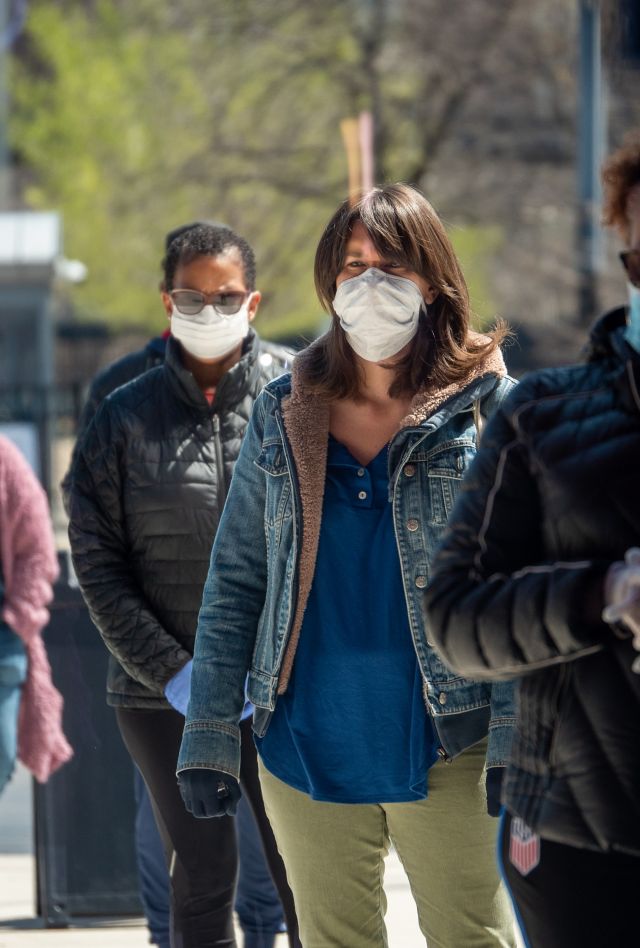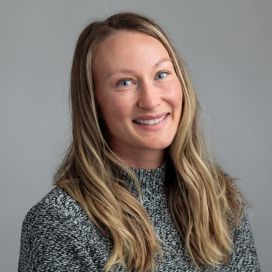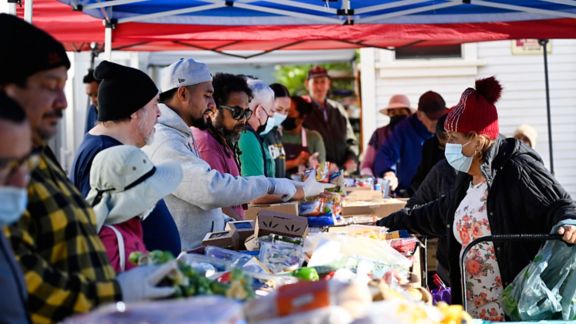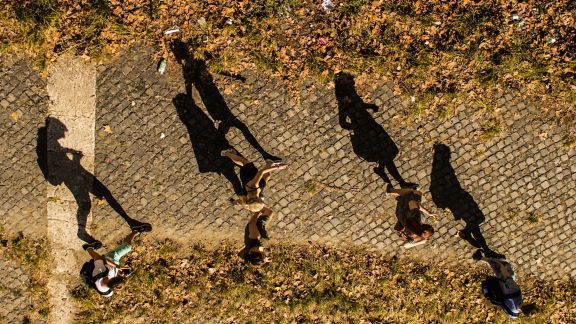The Chicago RECOVER Serology Study

Problem
An unknown number of people in the Chicago area were exposed to the virus that causes COVID-19.
The Chicago RECOVER Serology Study was designed in 2020 during the COVID-19 pandemic to learn how many Chicago residents have already been exposed to the virus that causes COVID-19, known as SARS-CoV-2, including those that had mild or no symptoms. This study helped understand which communities or groups had been most affected.
The RECOVER Study sought to understand the extent of past viral coronavirus infection (cumulative incidence) in the general population, what the fraction of asymptomatic infections are present, and possibly determine potential risk factors for COVID-19 infection.
Solution
NORC conducted antibody tests on blood samples collected from a random sample of Chicagoans.
NORC collaborated with the University of Chicago to conduct a serosurvey to measure the prevalence of SARS-Cov-2 antibodies in the Chicagoland area. Multiple waves were conducted in both 2020 and 2021.
Participants, one adult per household, were asked to collect a blood sample using a mailed self-collected blood collection kit, which included everything required to collect a small blood sample at home via a finger prick. We tested for SARS-CoV-2 antibodies to determine the prevalence of COVID-19 in the general population. If SARS-CoV-2 antibodies were present, an exposure to the virus occurred at some time in the past. Active infection was not tested.
Result
Research using our data finds that a higher incentive can improve study participation in those with increased health risks.
Participant hesitancy rates in research are shown to be associated with hospitalization rates. This association was also observed during the COVID-19 pandemic, suggesting individuals facing higher health risks may participate less in studies with low incentives. High incentives in studies encourage active participation and can therefore, minimize gaps in participation.
Project Director
Related Tags
Project Leads
-
Stephen Smith
Senior Vice PresidentSenior Advisor -
Kriston Koepp
Senior Research DirectorProject Director -
Benjamin Skalland
Principal StatisticianPrincipal Statistician
Data & Findings
University of Chicago research using data NORC collected includes:











